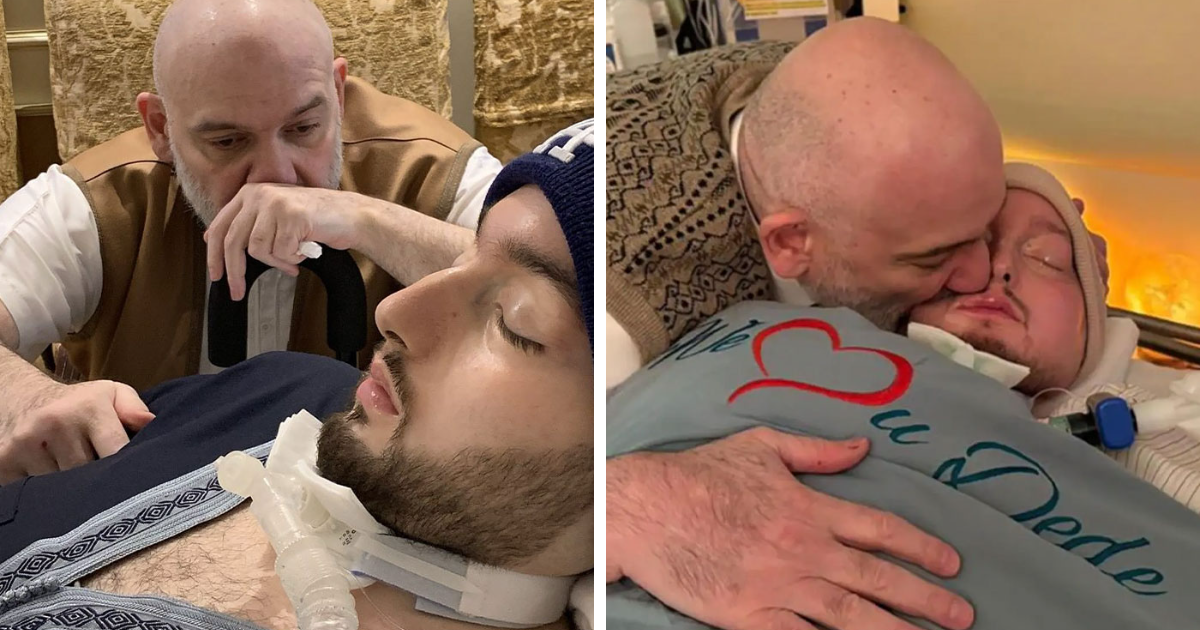T4K3.news
Tributes Flow Following Prince Al-Waleed's Death
Saudi Arabia's Al-Waleed bin Khalid Al-Saud has passed away after 18 years in a coma.

Al-Waleed bin Khalid Al-Saud, known as Saudi Arabia's 'sleeping prince', has passed away after 18 years in a coma.
Tributes Emerge After Saudi Arabia's Al-Waleed Bin Khalid Al-Saud Dies
Al-Waleed bin Khalid Al-Saud, often referred to as the 'sleeping prince', has died at the age of 36 after spending over 18 years in a coma. He was receiving care at King Abdulaziz Medical City in Riyadh following a severe car accident in London in 2005 that caused lasting injuries. Despite medical professionals’ suggestions to withdraw life support, his father, Prince Khaled bin Talal, steadfastly chose to maintain care. The announcement of his passing on July 19 has resulted in an outpouring of condolences worldwide, including from the Global Imams Council, which praised the family’s dedication during this decade-long ordeal. His funeral is scheduled for the day after the announcement at the Imam Turki bin Abdullah Mosque in Riyadh.
Key Takeaways
"His funeral prayer will be held tomorrow at the Imam Turki bin Abdullah Mosque in Riyadh."
This statement confirms the immediate plans following Prince Al-Waleed's death.
"No matter how rich, strong, powerful and popular, you are still weak and mortal."
This reflection captures the essence of the public's reaction to Al-Waleed's prolonged coma and passing.
"With profound sadness and sorrow, we mourn our beloved son."
This quote illustrates the deep emotional impact of the prince's passing on his family.
"If God had wanted him to die in the accident, he would have been in his grave now."
This statement reflects Prince Khaled's unwavering faith throughout his son's ordeal.
The case of Al-Waleed bin Khalid Al-Saud highlights deep cultural and ethical conversations surrounding life support and the profound emotional weight of familial bonds. Observers note the unique struggle of his father, who maintained hope despite years of advice to let go. This situation has sparked discussions on compassion versus practicality in medical decisions, underlining a societal reverence for life and the lengths families might go to preserve it, regardless of financial means. There is a growing sentiment among the public that, while wealth affords access to extended medical care, the moral implications of such decisions deserve close examination. Al-Waleed's story has resonated with many, reminding individuals of their shared humanity.
Highlights
- Death reminds us that no one is above destiny.
- This situation forces us to reconsider what it means to cherish life.
- Wealth cannot shield us from life's ultimate realities.
- The long vigil of a father underscores the strength of love.
Medical Ethics and Public Reaction
Al-Waleed's prolonged life support raises questions about the ethics of such decisions, which may invite controversy. The public opinion on this practice is divided, with some viewing it as compassionate while others see it as inhumane.
Al-Waleed's life story serves as a poignant reminder of the fragility and value of existence amidst wealth and tragedy.
Enjoyed this? Let your friends know!
Related News

Saudi prince Al Waleed dies after 20-year coma

Prince Al Waleed passes away after 20 years in coma

Buckingham Palace Guards Honor Ozzy Osbourne

Saudi royal who spent years in coma dies at 36

Ozzy Osbourne passes away at age 76

Prince Harry Denies Allegations of Brawl with Prince Andrew

Welsh BBC presenter dies in tragic car accident

Ozzy Osbourne has passed away at 76
